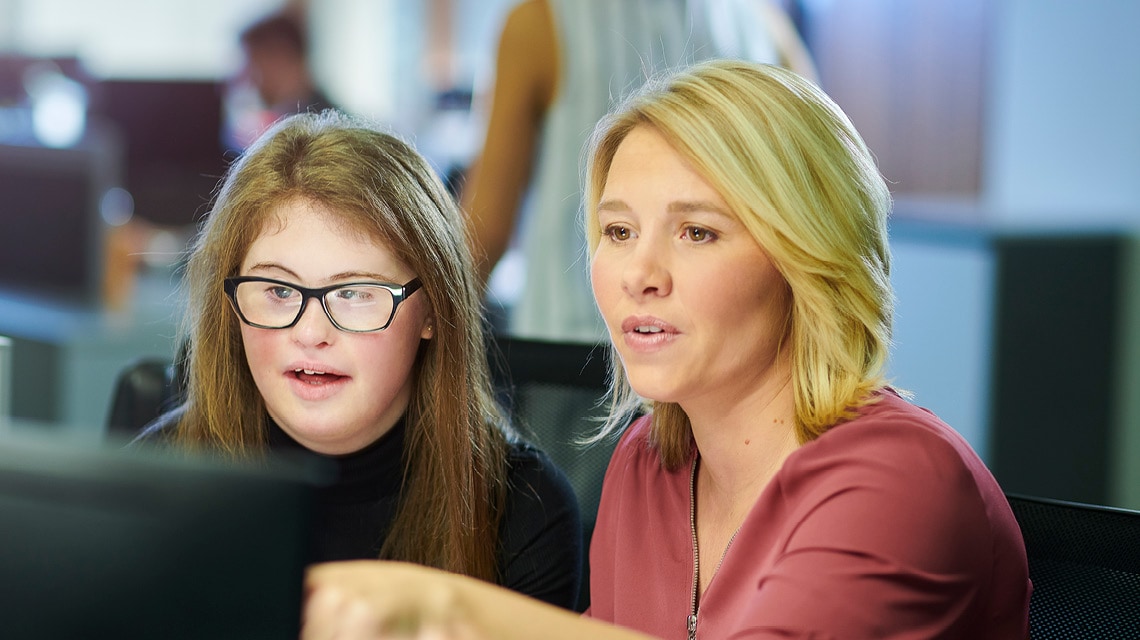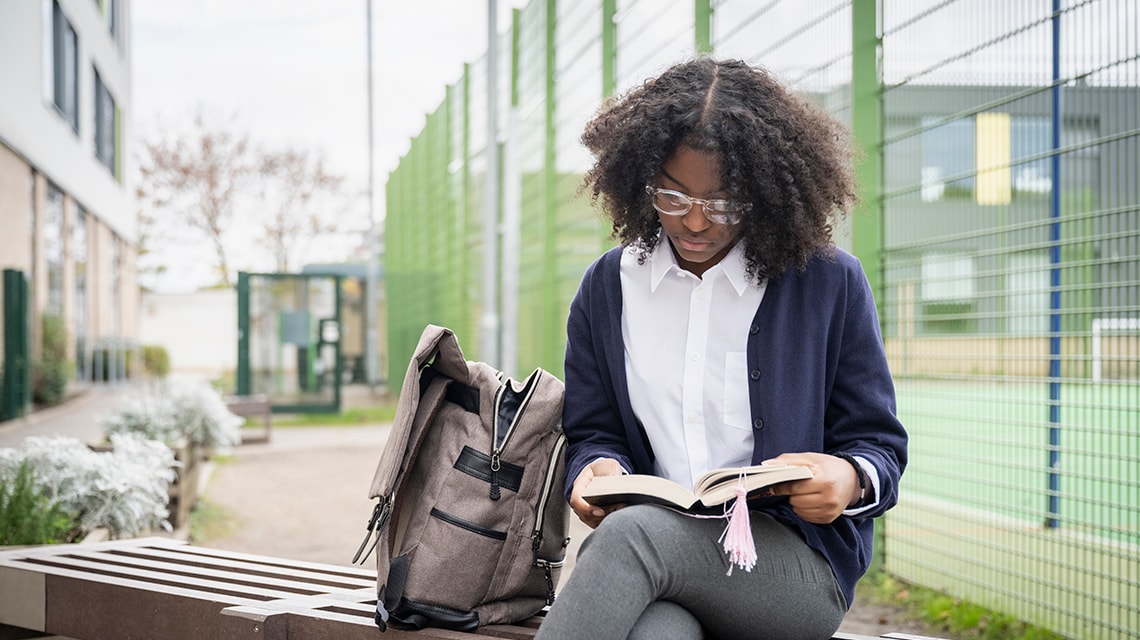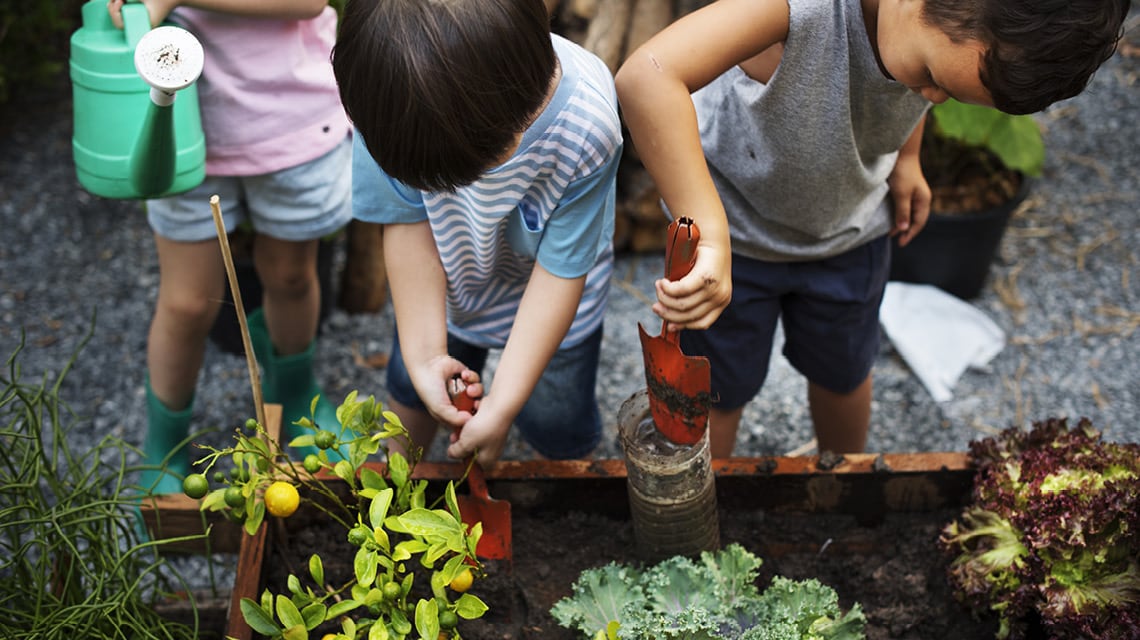Pearson, the world’s lifelong learning company, will become one of the British Army’s largest apprenticeship partners, after winning three new contracts to deliver the courses with the UK’s Ministry of Defence.
The Army is one of the biggest apprenticeship providers in the country, giving learners the opportunity to gain new skills and knowledge beyond combat. An army apprenticeship provider since 2010, Pearson TQ will now hold six contracts in total - delivering logistics, healthcare, intelligence, business admin and HR, construction, engineering, policing and veterinary services programmes to around 4,000 learners each year.
The new contracts will see Pearson TQ providing apprenticeships in the following sectors of the armed forces over the next six years:
- In the Catering Training Wing, where students will develop skills in professional cooking, kitchen management, food safety, and facilities supervision, gaining industry-recognised catering and health and safety qualifications.
- In the Royal Military Police, where apprentices will be trained in detainee management, military law enforcement, investigation techniques, and conflict resolution, earning policing and security-related certifications.
- In the Royal Armoured Corps, where students will receive training in vehicle maintenance, engineering operations, and military animal care, equipping apprentices with hands-on technical and welfare skills.
- Within the Royal Army Veterinary Corps, where apprentices will gain expertise in farriery, military animal training, and welfare, developing specialist skills in hoof care, animal behaviour, and obedience training.
Martyn Leader, Vice President of Pearson TQ, said:
“We are delighted to extend our long-standing and successful partnership with British Army apprentices. These new contracts are another step forwards on Pearson’s journey to build on its early careers offer. From logistics and business admin, to catering or veterinary care, these courses are a fantastic path for a diverse range of learners who want to earn while they learn, boost their skillsets and open doors to new opportunities and career paths.”
A spokesperson for the Army said:
“Apprenticeships are fundamental to the Army recruiting offer with over 95% of new joiners enrolling on an apprenticeship. This is the first step of a soldier’s learning journey, the Army invests significantly in skills, education and training through apprenticeships and pathways to higher education. This enables us to create high-performing and technologically astute operators for the future workforce. We look forward to continuing our relationship with Pearson TQ.”







